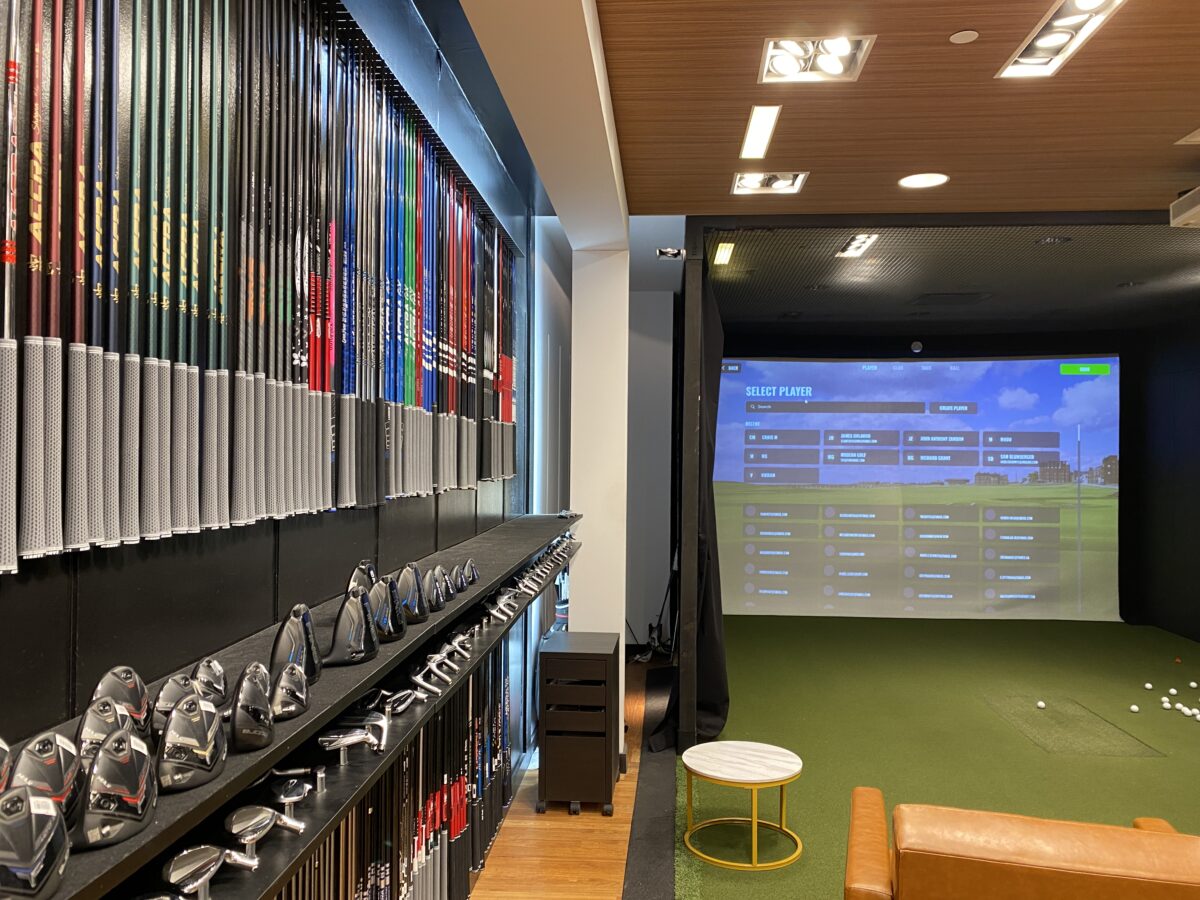A comprehensive survey of North American golfers reveals a significant transformation in how younger generations engage with golf, as entertainment venues and urban locations reshape the sport’s traditionally suburban landscape. The Lightspeed research, which surveyed over 700 golfers across the United States and Canada, indicates that 68% of younger players regularly visit golf entertainment venues, signaling a decisive shift toward accessible, technology-driven experiences.

“Golf is evolving into more than just a sport—it’s becoming a space for self-care, community, and connection for younger generations,” said JD Saint-Martin, President at Lightspeed. “The way Gen Z and Millennials engage with the game is different from previous generations—they seek intentional experiences, whether through solo play or tech-enabled convenience. By embracing these trends, operators can unlock new revenue streams, foster brand loyalty, and have a unique chance to inspire the next generation of players.”
This evolution is particularly evident in Canada’s urban markets, where Modern Golf, a leading golf retail and entertainment provider, has been pioneering a hybrid approach to golf experiences since 2011. The company’s presence in downtown Toronto’s First Canadian Place has provided valuable insights into the changing dynamics of urban golf engagement.

“In a city-center setting, time is the most valuable currency—our customers prioritize convenience, efficiency, and a premium experience,” says Paul Fisher, CEO of Modern Golf. “I think many downtown professionals see golf as a social or networking tool, so the experience should match that. We look at our store as the ‘hub’ of golf in the core.”

The company’s observations from its urban locations highlight distinct behavioral patterns in downtown golf communities. “Unlike suburban locations, where golfers often dedicate multiple hours to fitting or practice sessions, downtown players are looking for efficiency—quick lunch-hour TrackMan sessions, after-work events,” Fisher explains. “Social engagement is also a significant driver. Many customers at First Canadian Place use our store as a meeting space, whether for client entertainment or team-building.”
The Lightspeed research underscores these observations, revealing that younger golfers are increasingly combining personal well-being with technology-driven experiences. The study found that 51% of Gen Z golfers rank mental health and self-care as their top reason to play, alongside social activity and time spent outdoors.

Looking ahead, Fisher identifies three major trends reshaping the golf industry. “Traditional golf remains strong, but the real growth is in experience-driven golf,” he notes. “Younger audiences are engaging with the game through entertainment venues like Top Golf, Youtube, and indoor golf spaces that emphasize fun, accessibility, and social connection.”
Technology integration represents another significant shift. “Data and AI will transform how golfers engage with equipment and performance improvement,” Fisher explains. “The demand for smart fitting tools and gamified experiences is growing.”
The third trend reflects changing consumer spending patterns. “Economic factors are leading golfers to seek more affordable ways to buy equipment. We see golfers spending on experiences going forward,” Fisher observes. “The conversation about equipment is changing rapidly and likely will result in longer time between purchases for consumers. This is great for brands with longer life cycles that are producing improved products upon release.”

Modern Golf’s evolution from traditional retail and club fitting to incorporating social experiences reflects broader industry changes. When the company first started, its focus was primarily on serious golfers seeking high-performance fitting and equipment. “Today, we see a much broader audience—one that views golf as an experience rather than just a game,” notes Fisher.
“We’ve continued to evolve our business to accommodate this trend,” Fisher says, “integrating experiential elements into our locations, expanding our social golf offerings, and leveraging technology to make the game more approachable.”
As traditional golf remains strong, the industry’s growth appears increasingly driven by experience-focused venues that emphasize accessibility and social connection. These market insights suggest these shifts are not temporary trends but fundamental changes in how new generations engage with the sport, particularly in urban environments.
The transformation of golf culture in Canada’s urban markets continues to evolve, with technology and social experiences playing an increasingly central role in attracting and retaining a new generation of players.

Dustin Fuhs is the Editor-in-Chief of 6ix Retail. He is the former Editor-in-Chief of Retail Insider, Canada’s most-read retail trade publication. He has over 20 years of experience in the retail, marketing, entertainment and hospitality industries, including with The Walt Disney Company, The Hockey Hall of Fame, Starbucks and Blockbuster.
Dustin was named as a RETHINK Retail Top Retail Expert in 2024 and 2025.
